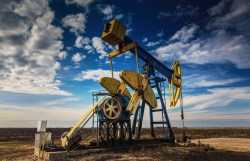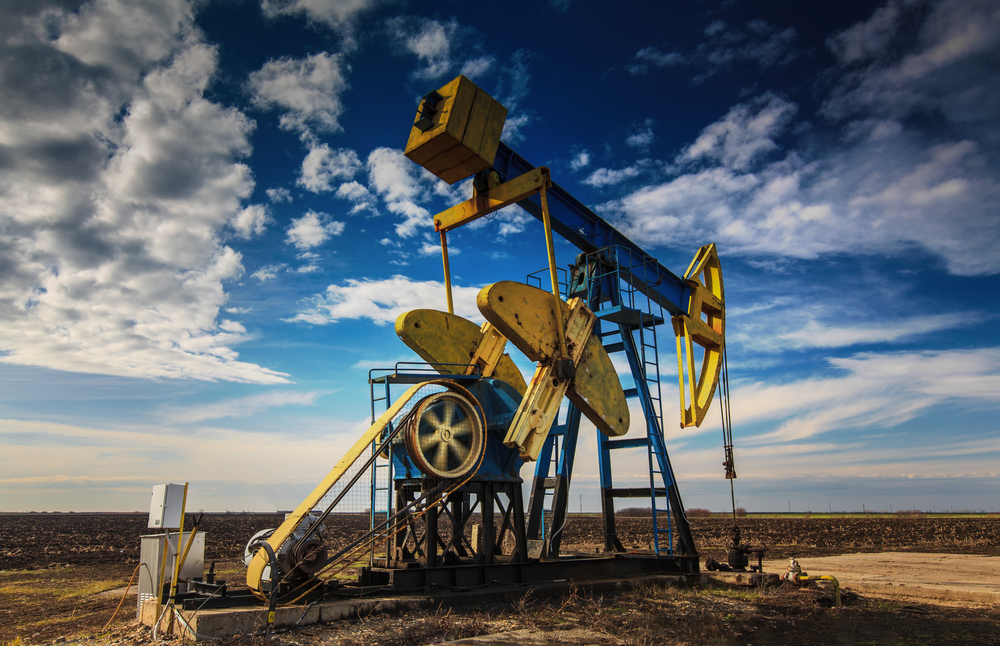
ShutterstockYes, we know this isn’t a fracking pump, but it’s way prettier.
You know that domestic oil-and-gas boom that’s been sweeping the country for the past few years, turning places like Williston, N.D., into Sin City? Well, the party’s winding down — or maybe it was never that ragin’ in the first place. Oil and gas shale assets, possibly overvalued to begin with, are plunging in price thanks to an oversaturated market and wells whose production hasn’t always lived up to expectations.
Bloomberg Businessweek reports:
The deal-making slump, which may last for years, threatens to slow oil and gas production growth as companies that built up debt during the rush for shale acreage can’t depend on asset sales to fund drilling programs. The decline has pushed acquisitions of North American energy assets in the first-half of the year to the lowest since 2004. …
North American oil and gas deals, including shale assets, plunged 52 percent to $26 billion in the first six months from $54 billion in the year-ago period, according to data compiled by Bloomberg. During the drilling frenzy of 2009 through 2012, energy companies spent more than $461 billion buying North American oil and gas properties, the data show.
Improvements in hydraulic fracturing (fracking) techniques in the early 2000s made drilling possible in previously inaccessible areas. As more frackable shale deposits were discovered, energy companies snapped up property. But the boom started backfiring:
As overseas buyers moved in, booming production soon led to oversupplies, and gas prices plunged to a 10-year low in 2012, forcing companies to write-down the value of some of their assets. Companies were also hurt when some fields thought to be rich in oil proved to contain less than anticipated.
Shell downgraded the value of its North American assets by $2 billion last quarter, and announced that it expects drilling here to remain unprofitable until at least next year. Companies are cutting off drilling in fields where it’s not worth it and selling off properties.
As Philip Bump pointed out in Gristmill earlier this year, what’s happening with fracking is kind of the same as what’s happening to the coal industry — but on a super compressed timeline (think 10 years, not 100). What seemed like a bonanza just four years ago is already struggling to deliver.




